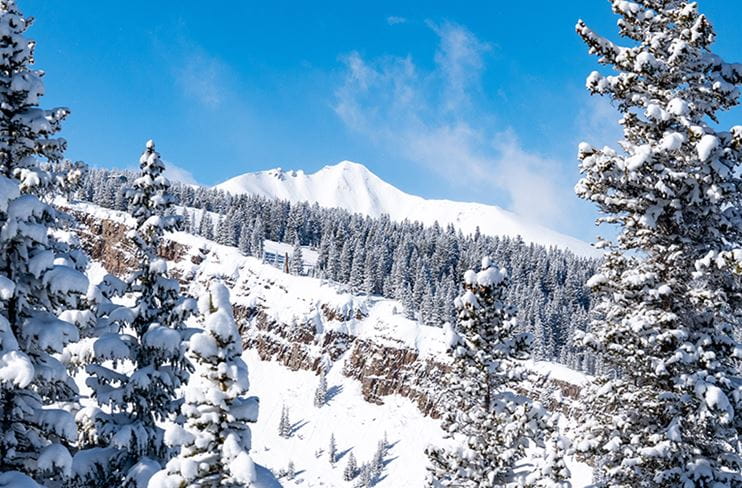Green Operations
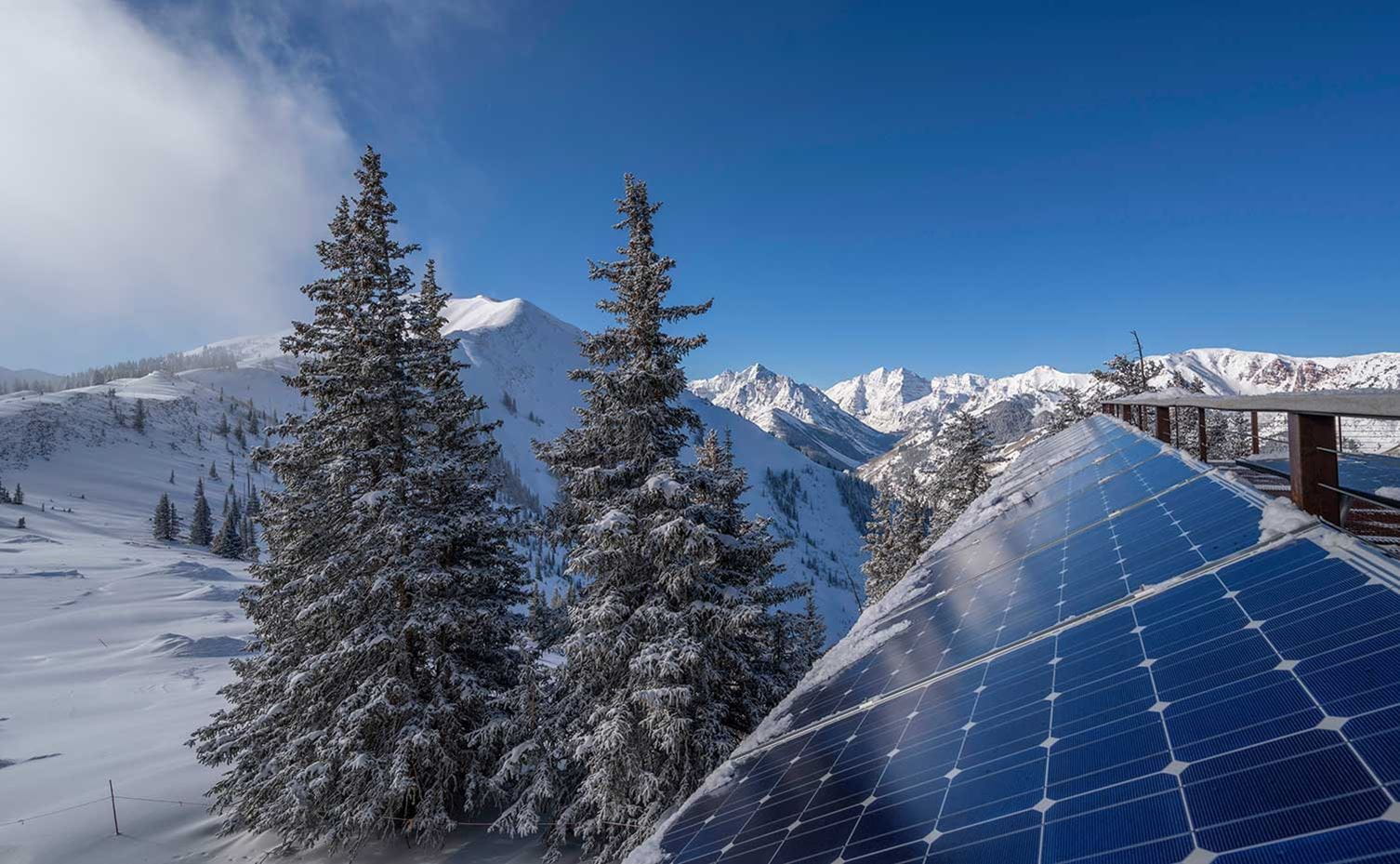


Capturing Coal Methane
Aspen Skiing Company partnered with the Elk Creek coal mine, Holy Cross Energy, and Vessels Coal Gas on a $6 million investment to capture waste methane vented from a coal mine in neighboring Somerset, Colorado to generate carbon negative electricity. After a decade of operations, the quality of gas available declined, and we stopped producing electricity. This project continues to destroy leaking methane, preventing it from being released into the atmosphere.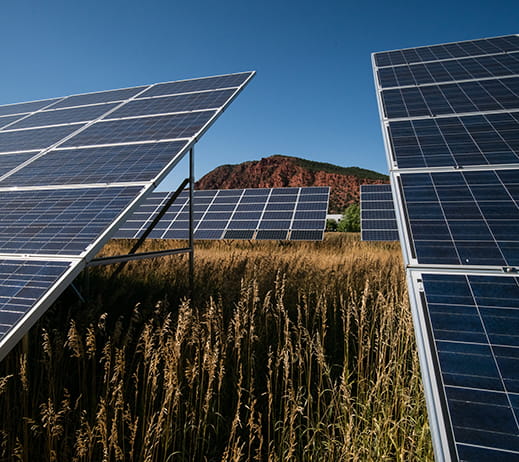
Solar Panels
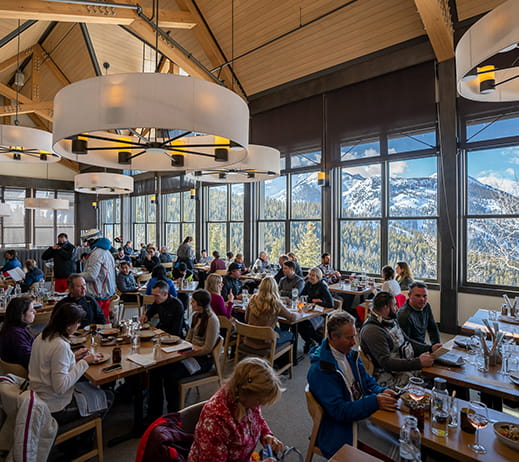
LEED Certification

Sustainability on Every Plate

Low-Impact Mountain Dining
Food Waste
In addition to efforts to buy locally, we’ve made significant strides to expand the number of locations composting food waste. What started out as a trial run spear-headed by Henrietta Oliver at Bumps Restaurant at Buttermilk has spread to the vast majority of our on-mountain restaurants and now also includes our offices at 117 Aspen Airport Business Center. These efforts mean only 1/5 of our trash goes to the landfill at these facilities.
Sustainability Reports
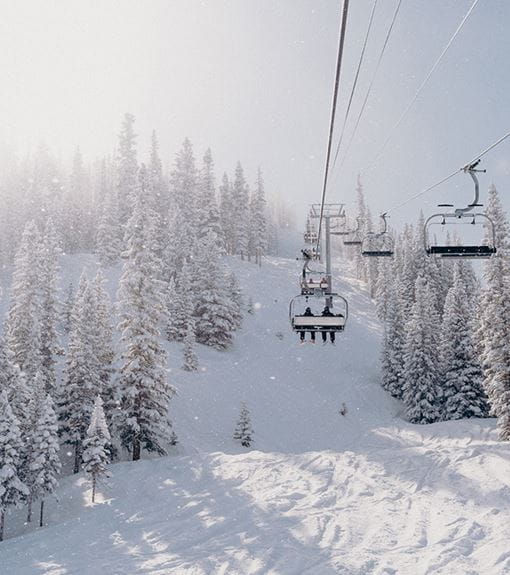

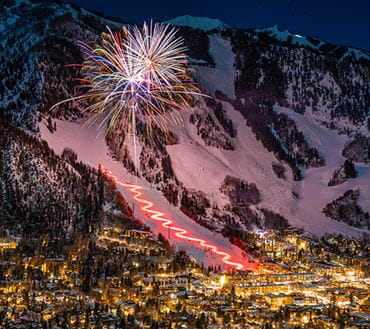
Sustainability Reports
We may be a privately held company, but we are proud to be as transparent (perhaps more so) than public ones. Since 1999, our Sustainability Reports have, with ruthless honesty, delineated environmental impacts, and explained how we implement our unique, big-lever philosophy. These reports are available online.
